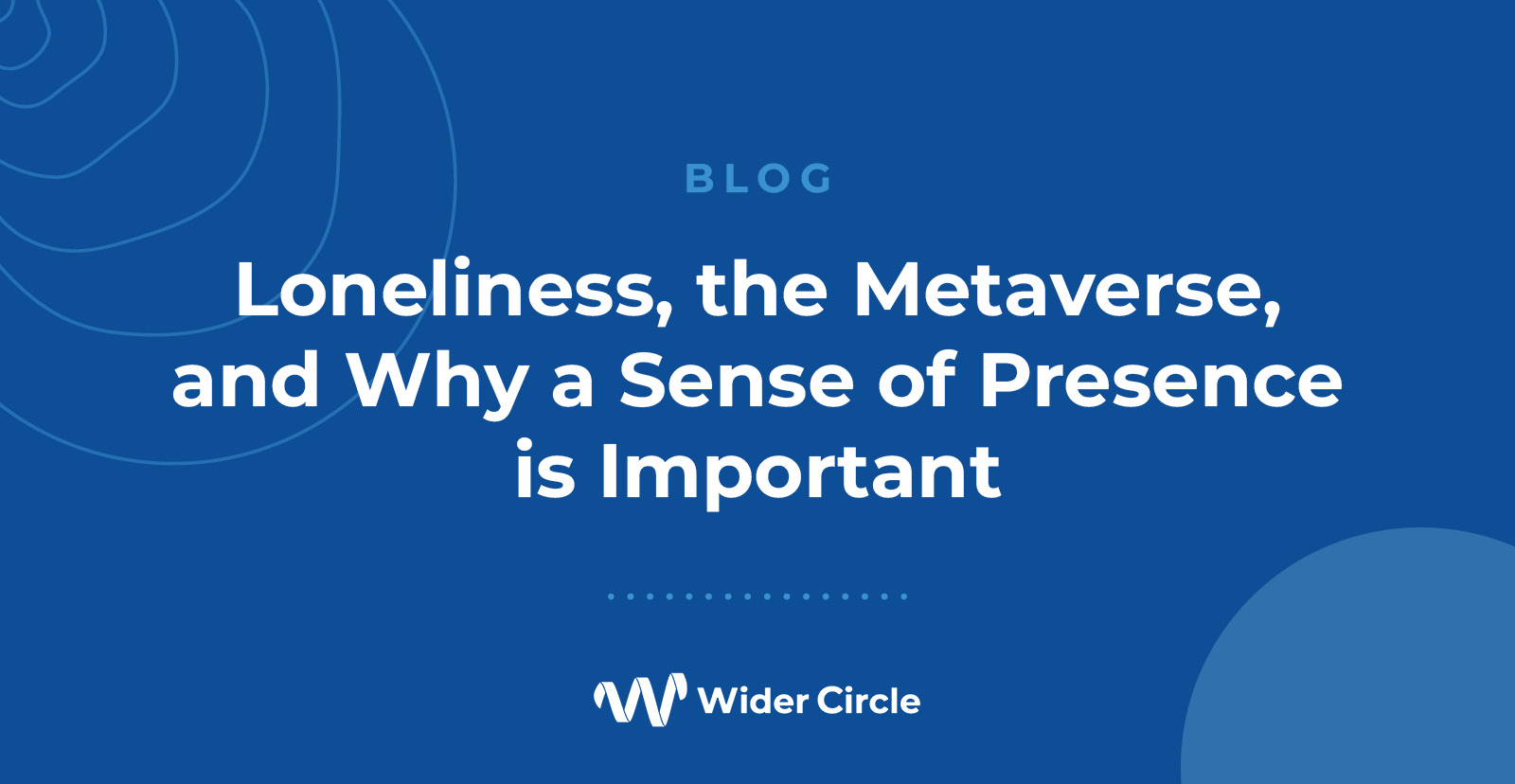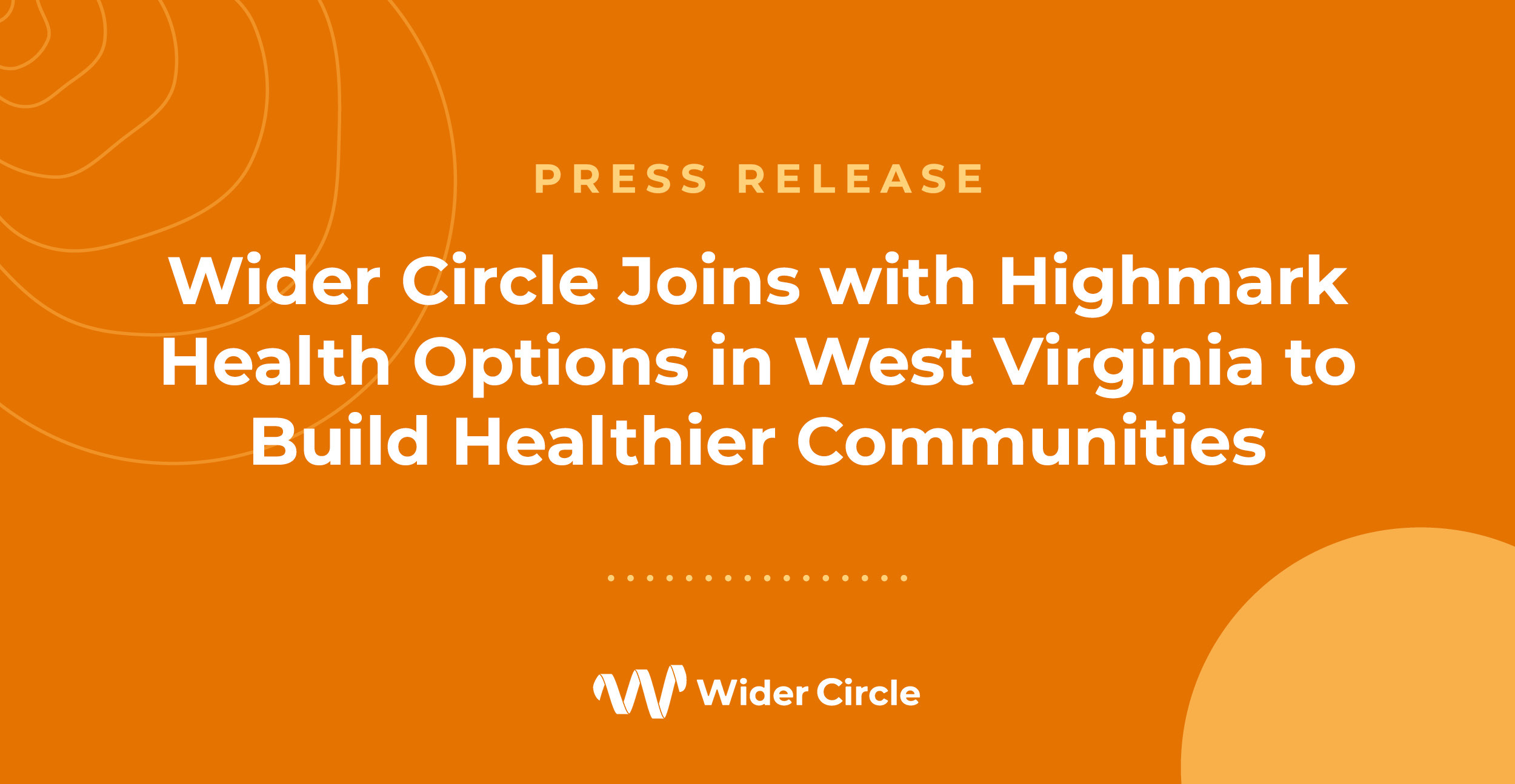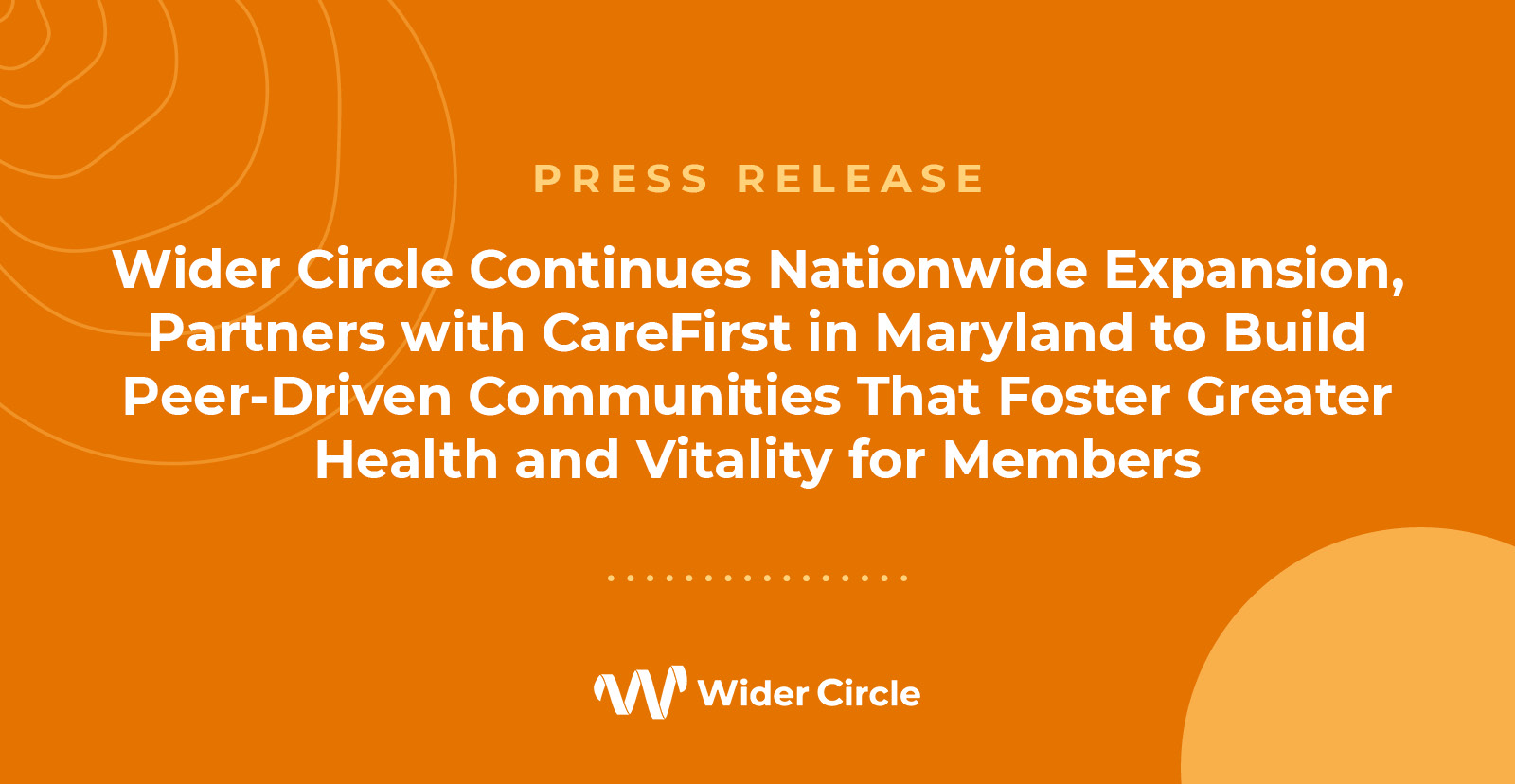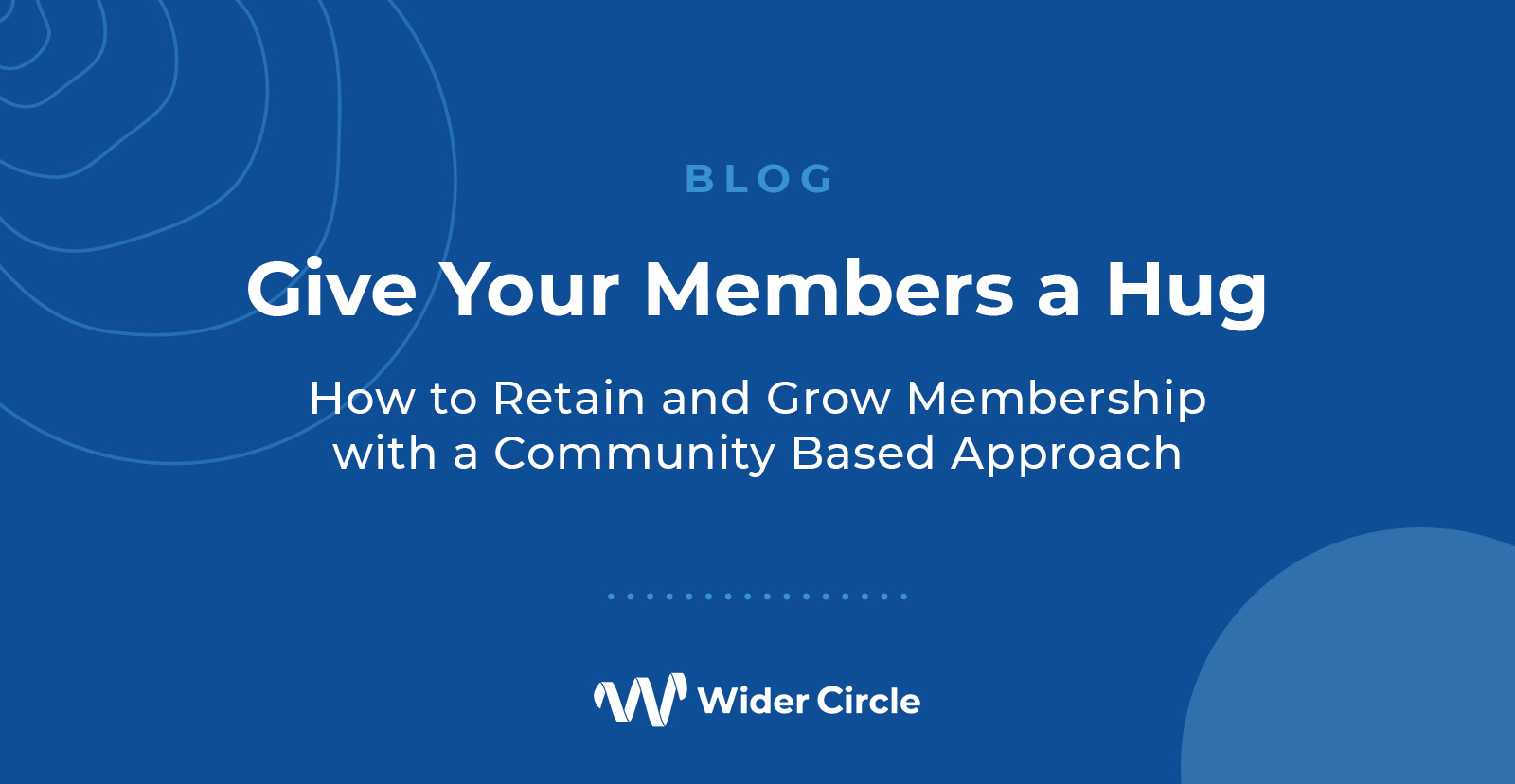
Loneliness in its purest form could be considered the absence of any physical presence among others but is actually far deeper than that as a concept. One can be surrounded by others, but have a perception of being emotionally and socially disconnected, and therefore still be lonely. Loneliness matters because the health impacts of loneliness are considerable.
Well before the recent Surgeon General’s report put the spotlight on loneliness[1], roughly 1 in 5 adults in the United States reported feeling lonely[2]. When compared to other leading health indicators in the United States, loneliness impacts a greater number of adults than those classified as obese, severely obese, inactive, and smokers[3]. The health consequences of being lonely are devastating. Multiple studies have shown the detrimental effects of loneliness and isolation on aging. It increases mortality[4],decreases quality of life[5] , has been shown to drive up healthcare costs and utilization[6]), and is worse for you than smoking cigarettes[7].
Having a sense of presence among others on demand could be an effective tactic to tackle the loneliness epidemic[8]). Big tech has made several large bets around this recently. For instance, the rebranding of Facebook to Meta, the recent release of the Apple Vision Pro and the renewed interest in AR / VR technologies are all focused on creating virtual spaces in which we can communicate and interact with one another. While these technologies are expensive at present, they will become cheaper and more realistic. But is this the silver bullet for our sense of overall isolation?
Multiple studies have shown potential detrimental effects of virtual online interaction on one’s mental health[9], including (disputed) internal studies from within big tech companies[10].. It’s much easier to consider individuals or groups as “others” and generally be less pleasant when you are not physically standing in front of them[11] due to the sense of disconnection one feels through virtual interaction. To date, there has been limited data to assess whether or not these new technologies are further amplifying online behaviors of harassment and bullying that we’ve seen thus far in other modalities. Most of the research has focused on potential risks and mitigation strategies[12],[13]. However, one does not need any data to know that the technology as it is, while impressive, is not the same as being in a room with another individual.
So what’s the pathway forward? Well, as always, there is probably a middle ground of technological intervention in tandem with good old-fashioned people-first interventions.
From a technological point of view, great thought should be taken to ensure a “presence first” presentation of any interaction with a product suite that supports this. The reality is the Metaverse is here and policymakers should be working with tech to ensure required safeguards are in place to mitigate against potential risks, and to incentivize product technologies that promote responsible use that does not worsen the outcomes of end users with this improved sense of presence.
From a person-first perspective, we need a scalable solution that can help repair some of the community fabric that has been frayed amongst us. This is where I think Wider Circle comes into play with its neighborhood networks of peers, facilitated by local community engagement teams and community health workers to tackle these issues all with old fashioned “people coming together and talking” presence. We’ve proven this can be delivered in a scalable way that is equitable and accessible, and given that people have been following this age-old practice for millennia, it’s probably wise to not completely abandon it.
Disclaimer:
Claude previously worked for the healthcare arm of and has shares in the artist formerly known as Facebook, Meta.
References:
- U.S. Department of Health and Human Services. (Year of publication not provided). The Surgeon General’s Advisory on Social Connection and Loneliness. Retrieved from https://www.hhs.gov/sites/default/files/surgeon-general-social-connection-advisory.pdf
- DiJulio, B., Hamel, L., Muñana, C., & Brodie, M. (2018). Loneliness and Social Isolation in the United States, the United Kingdom, and Japan: An International Survey. Retrieved from https://www.kff.org
- Park, C., et al. (2020). The Effect of Loneliness on Distinct Health Outcomes: A Comprehensive Review and Meta-Analysis.
- Leigh-Hunt, N., et al. (2017). An overview of systematic reviews on the public health consequences of social isolation and loneliness.
- Holt-Lunstad, J., Robles, T., & Sbarra, D. A. (2017). Holt-Lunstad, Julianne. (2015). Loneliness and Social Isolation as Risk Factors for Mortality: A Meta-Analytic Review.
- Musich, S., et al. (2015). The Impact of Loneliness on Quality of Life and Patient Satisfaction Among Older, Sicker Adults.
- Gerst-Emerson, K., & Jayawardhana, J. (2015). Loneliness as a Public Health Issue: The Impact of Loneliness on Health Care Utilization Among Older Adults.
- Oh, H. J., Kim, J., Chang, J. J. C., Park, N., & Lee, S. (2023). Social benefits of living in the metaverse: The relationships among social presence, supportive interaction, social self-efficacy, and feelings of loneliness. Computers in Human Behavior, 139.
- Zsila, Á., & Reyes, M. E. S. (2023). Pros & cons: impacts of social media on mental health. BMC Psychology, 11, 201. https://doi.org/10.1186/s40359-023-00789-8
- The Wall Street Journal. (2023, September 14). Facebook Knows Instagram Is Toxic for Teen Girls, Company Documents Show. Retrieved from https://www.wsj.com/articles/facebook-knows-instagram-is-toxic-for-teen-girls-company-documents-show-11631620739
- Dove, L. L. (2013, January). Is there a psychological reason for people being mean on the Internet?
- Ortiz, L. (2022). Risks of the Metaverse: A VRChat Study Case. The Journal of Intelligence, Conflict, and Warfare, 5(2), 53-128.
- Trauthig, I., & Woolley, S. (2023). Addressing Hateful and Misleading Content in the Metaverse. Journal of Online Trust and Safety, 1(5).



